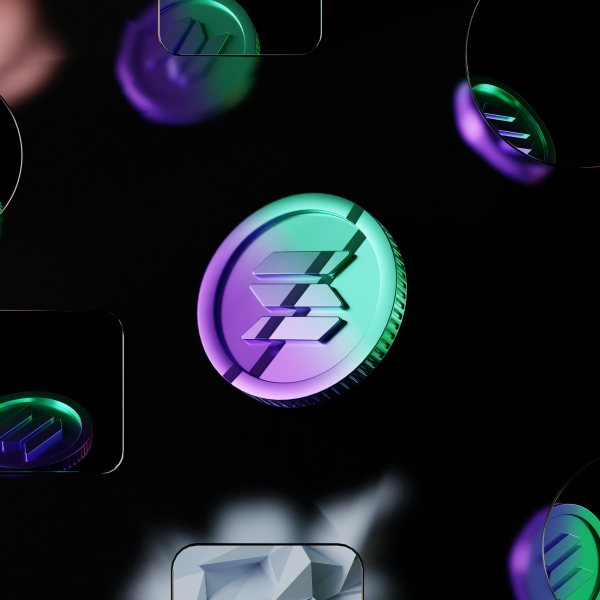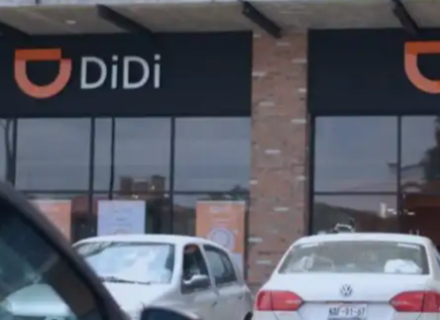Has El Salvador Made Its Bitcoin Holdings Quantum-Proof? Not Exactly …
El Salvador has overhauled how it stores the nation’s bitcoin, saying the change both strengthens security today and prepares for technological risks that could emerge in the future.
In an announcement on Friday, the Bitcoin Office said the country’s entire reserve has been moved out of a single wallet and spread across many new ones. Each wallet will hold no more than 500 BTC, a limit meant to reduce the potential damage if any one of them were ever compromised.
Officials described the new setup as following established industry practices while also anticipating advances in quantum computing. Quantum machines, they noted, could one day break the cryptographic math that secures bitcoin, as well as everyday systems like banking, email and online communications.
The concern arises when coins are spent. To move bitcoin, the digital signature protecting those funds must be revealed on the blockchain. Today, that’s safe, but in theory a future quantum computer could exploit the exposed information to calculate the private key and steal the coins before the transaction is confirmed.
By shifting coins into many unused wallets, El Salvador reduces the chance that its reserve is left with too many exposed keys at once. Most of its holdings remain locked behind information that cannot currently be attacked, and capping the size of each wallet means even a breach would not put the entire reserve at risk.
The government also admitted that its earlier setup — keeping everything in a single address for the sake of transparency — created unnecessary exposure. That address was used repeatedly, which meant its keys were visible on the blockchain almost continuously. In the new model, a public dashboard allows anyone to track the reserve across multiple wallets, preserving accountability without repeatedly reusing the same address.
In plain terms, the shift is like moving money out of one giant vault and into a series of smaller safes. The locks on those safes stay hidden until they are opened, and no single safe holds too much cash.
Beyond the quantum angle, this also lines up with basic bitcoin housekeeping. Experienced users often warn against reusing the same wallet over and over, since it weakens privacy and security. They also recommend breaking large balances into smaller chunks, which limits the fallout if something goes wrong.
That’s why Adam Back, one of bitcoin’s earliest pioneers and the CEO of Blockstream, praised the change. Writing on X, he said it’s “generally a good practice” to split funds into many pieces — called UTXOs in bitcoin jargon — rather than piling them into one place and reusing the same address.
Back, who invented the proof-of-work system Hashcash that inspired bitcoin and was cited by Satoshi Nakamoto, didn’t weigh in on the quantum argument directly. Instead, his comment underscored that El Salvador’s new approach reflects principles long recognized as best practice in the bitcoin world.
Most researchers believe quantum computers powerful enough to threaten bitcoin are still a decade or more away, and the network could eventually adopt new protections if needed. But El Salvador is not waiting.
By combining transparency with a more resilient storage model, the country has positioned itself as a test case for how sovereign bitcoin reserves might be managed in the future — setting out a potential blueprint that others could follow.
Disclaimer: The content of this article solely reflects the author's opinion and does not represent the platform in any capacity. This article is not intended to serve as a reference for making investment decisions.
You may also like
Conflicted Fed cuts rates but Bitcoin’s ‘fragile range’ pins BTC under $100K

Fed rate cut may pump stocks but Bitcoin options call sub-$100K in January

"Validator's Pendle" Pye raises $5 million, enabling SOL staking yields to be tokenized
There are truly no creative bottlenecks in the financialization of Web3.

DiDi has become a digital banking giant in Latin America
DiDi has successfully transformed into a digital banking giant in Latin America by addressing the lack of local financial infrastructure, building an independent payment and credit system, and achieving a leap from a ride-hailing platform to a financial powerhouse. Summary generated by Mars AI. This summary was produced by the Mars AI model, and its accuracy and completeness are still being iteratively improved.

